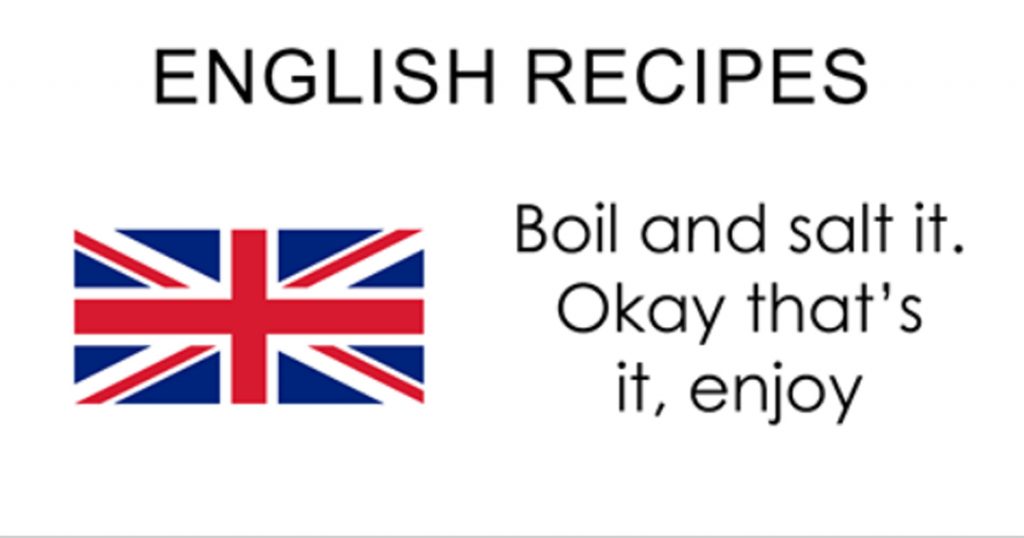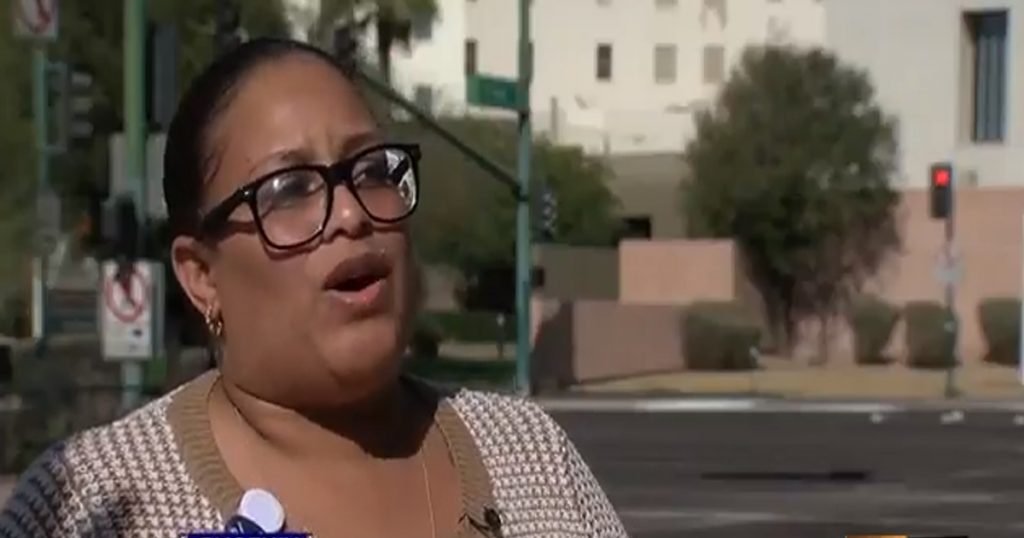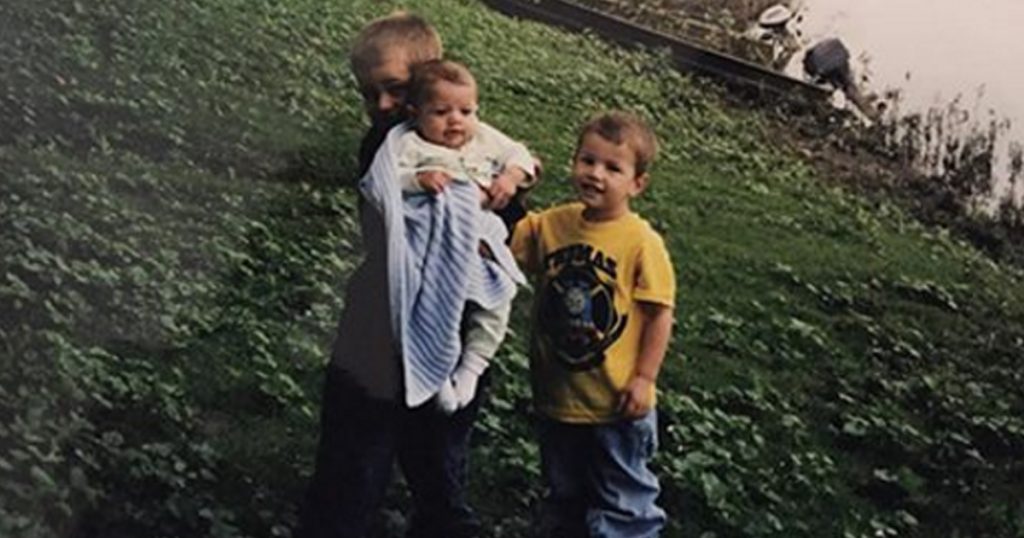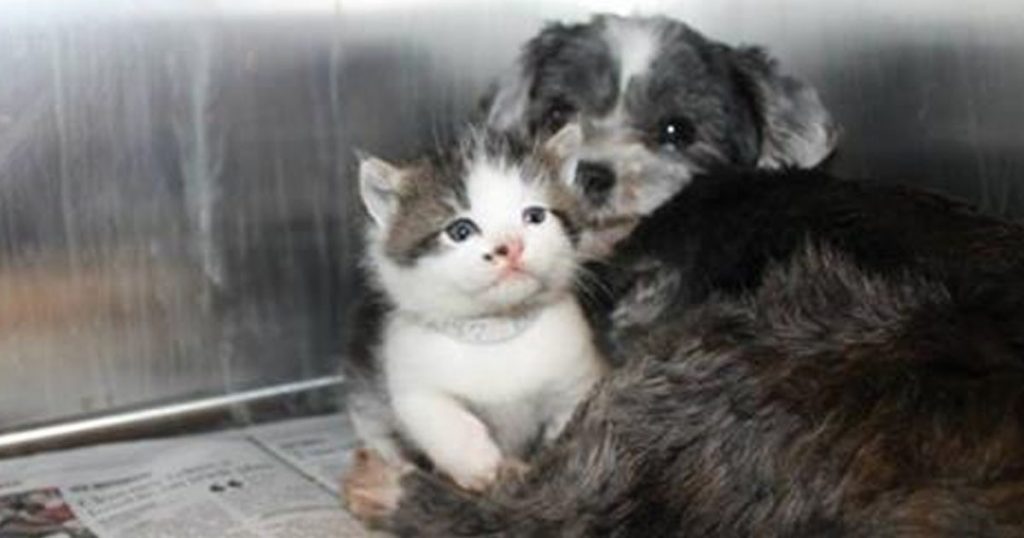Human body is an amazing system that carries out specific functions. And every part of it is very important: you use your eyes to see, your ears to hear, etc. But what about kidneys? What is their job in your body? As it turns out, kidneys have a lot of work.
These bean-shaped organs, located at the bottom of your rib cage, are responsible for removing waste and extra fluids from your body. They also keep your potassium and salt levels in check. That’s why when something is wrong with your kidneys, it may have life-threatening complications.

Doctors call kidney disease a silent killer because its first symptoms are not very obvious. More than 30 million people in the United States have kidney disease, and many of them don’t know it. Your risk of developing kidney disease is higher if you have high blood pressure, diabetes, or a family history of kidney issues. People who have 60 or more years experience kidney problems more frequently than others. That’s why it is very important to take care of this organ and keep it healthy during the whole life:
Well, the only way to know for sure if you have kidney problems is to get tested, but here are seven possible signs to pay attention to. If you notice any of the following symptoms, see your doctor as soon as possible.
1. You have less energy or have problems with concentration.
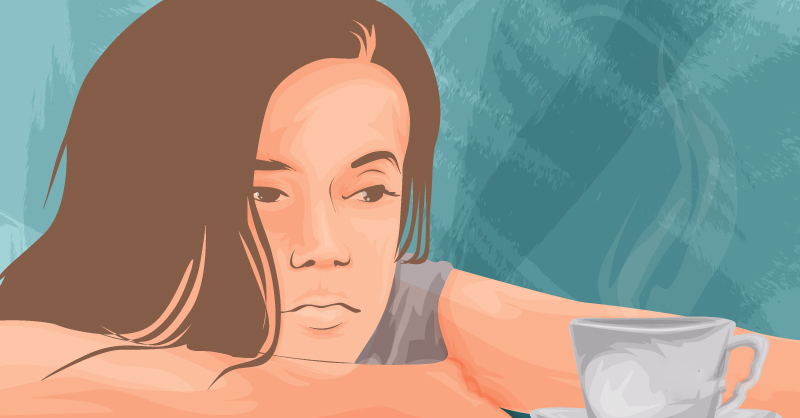
When your kidneys don’t function properly, it may result in a buildup of toxins in your body. Intoxication causes people to feel more exhausted and tired than usual. Kidney disease is usually accompanied by anemia that leads to fatigue and tiredness.
2. You sleep poorly.
When kidneys fail to filter your blood properly, toxins accumulate in your body. And this in turn can cause problems with sleeping.
3. Your skin is dry and itchy.
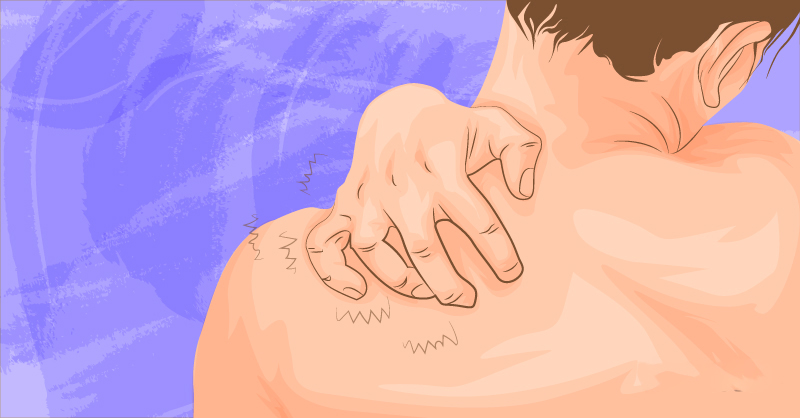
Kidneys not only remove wastes from your body, they also help maintain the right amount of minerals in the blood. Skin conditions, including itchiness and dryness, may be signs that kidneys are unable to keep the balance of minerals.
4. You notice changes in your urination.
You have to urinate more often, or on the contrary, you pee less frequently. If you spot blood in your urine, visit your doctor immediately. Excessive bubbles in your urine are also a sign of kidney problems. It means that you have protein in your urine.
5. You suffer from puffiness around your eyes.
The puffiness around your eyes may be a symptom that your kidneys are in trouble and allow protein to leak into the urine.
6. Your feet and ankles are swollen.
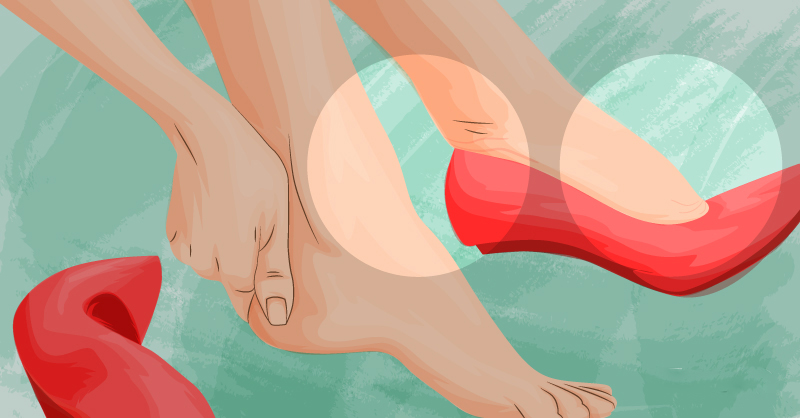
Fluid retention means that something is wrong with your excretory system. Kidneys are responsible for regulation of water balance in your body, so when they don’t work well, fluid starts accumulating in the tissues.
7. You experience muscle cramps.
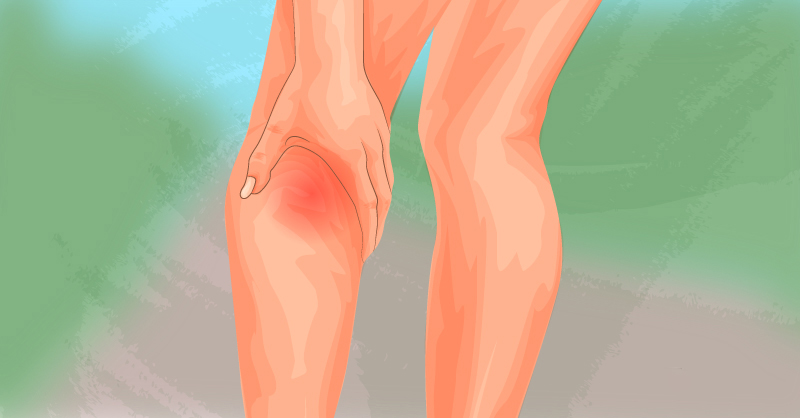
Mineral imbalance due to impaired kidney function can result in muscle cramping.
